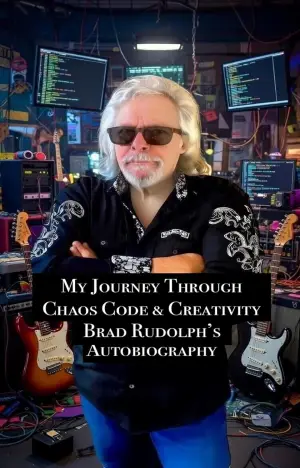I recently finished reading The Dictionary of Lost Words by Pip Williams, a captivating dive into the world of words and the unseen struggles of those who crafted the Oxford English Dictionary. As a lover of language and historical fiction, this novel drew me in from the start, and I was particularly intrigued by its focus on the untold narratives of women and common folk during a pivotal time in history.
Set against the backdrop of the women’s suffrage movement and World War I, the story follows Esme, a motherless girl who grows up in the Scriptorium, where her father and a team of lexicographers are collecting words for the first edition of the Oxford English Dictionary. Esme’s curiosity leads her to collect “lost words,” particularly those that represent women’s experiences, often overlooked by her male counterparts. The book is described as “a delightful, lyrical, and deeply thought-provoking celebration of words and the power of language to shape the world.” This description is spot-on, as Williams paints a rich tapestry of emotion and insight throughout Esme’s journey.
One of the aspects I loved most was the character development. As readers, we witness Esme evolve from an unseen child beneath the sorting table into a determined woman keen on capturing the essence of language that speaks for the unheard. The friendships she cultivates, especially with Lizzie, a servant, are beautifully depicted. Their connection exemplifies the sisterhood that resonates throughout the novel, and I found it heartwarming to see how they support one another through adversity.
Moreover, the book paves a path for reflection on how language is used and who gets to define it. I resonated with what Maggie mentioned in her review—Williams’ thoughtful approach to words made me ponder my own relationship with them. Like Esme, I’ve often envied those who can wield language as a powerful tool; it makes us question the inherent biases in our speech and written narratives.
However, there were just a couple of drawbacks that tempered my overall experience. Some sections felt slower-paced, which made it a challenge to stay fully engaged, especially later in the story. As noted by reviewers, a few parts could have benefited from tighter editing to maintain momentum. While the pacing felt authentic to the time frame of the dictionary’s creation, parts of the narrative did feel somewhat disjointed towards the second half, leaving me longing for the clarity and cohesiveness that the first portion delivered.
Additionally, the overwhelming tragedy woven throughout the story sometimes felt a bit heavy. I found myself echoing the sentiments expressed in some reviews: while the emotional depth richly illustrated the struggles of the characters, it sometimes veered into overwhelming territory. The book’s blend of hope amidst despair is powerful, yet, like Carol mentioned, it often left me longing for a more balanced exploration of joy alongside struggle.
In conclusion, The Dictionary of Lost Words is a beautifully crafted narrative that offers a profound appreciation for language and the oft-ignored stories behind it. The passages, particularly those that reflect on the power of words, will linger in your mind long after you’ve turned the last page. It’s a book I would wholeheartedly recommend to anyone interested in history, feminism, or simply the beauty of language. Despite its pacing issues and emotional weight, Williams has created a thought-provoking work that deserves a place on every bookshelf. Overall, it’s a solid 4.5 out of 5 stars from me! If you’re looking for a book that will make you laugh, cry, and reconsider the significance of every word you encounter, this is the one for you.








